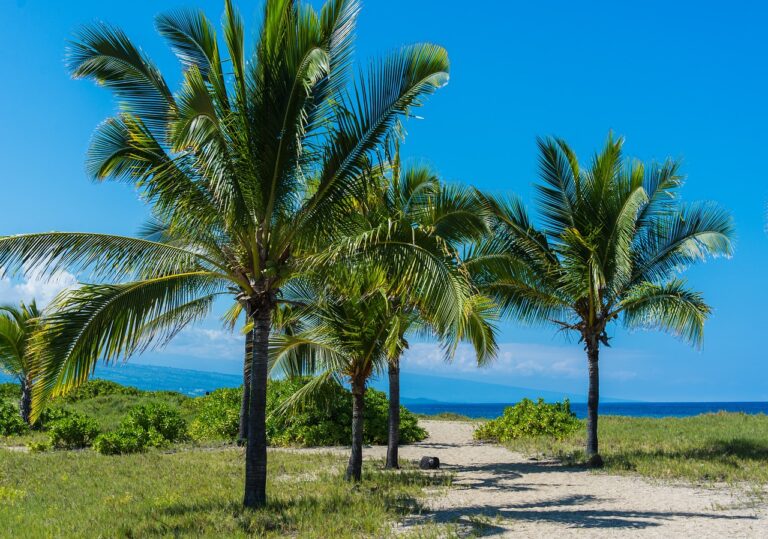The Role of Food Tourism in Promoting Fine Dining Destinations: 99 exchange bet, Laser247 register, Yolo247
99 exchange bet, laser247 register, yolo247: Food tourism plays a crucial role in promoting fine dining destinations around the world. With the rise of social media and food influencers, more and more people are traveling to experience unique and exquisite culinary offerings. Whether it’s trying traditional local dishes or indulging in Michelin-starred meals, food tourism is a significant driver for the growth of fine dining destinations.
Exploring different cuisines and dining experiences has become a popular trend among travelers. Many people plan their trips around food, seeking out the best restaurants, food markets, and culinary experiences a destination has to offer. This has led to an increase in food-related tourism activities, such as food tours, cooking classes, and food festivals, all of which contribute to the promotion of fine dining destinations.
Here are some key ways in which food tourism helps in promoting fine dining destinations:
1. Showcasing Local Cuisine: Food tourism allows visitors to sample and experience the local cuisine of a destination. Whether it’s street food, traditional dishes, or modern interpretations of local ingredients, food tourism helps showcase the unique flavors and culinary traditions of a region.
2. Boosting Culinary Tourism: Fine dining destinations benefit from the rise of culinary tourism, which focuses on the exploration of food as the primary reason for travel. Food tourists are willing to spend more on dining experiences, making them a lucrative market for fine dining establishments.
3. Building Reputation: Through word of mouth and social media, food tourists can help build the reputation of fine dining destinations. Positive reviews and recommendations from travelers can attract more visitors and establish a destination as a foodie hotspot.
4. Supporting Local Businesses: Food tourism contributes to the growth of local businesses, including restaurants, food producers, and farmers. By promoting fine dining destinations, food tourists help support the local economy and create opportunities for small businesses to thrive.
5. Creating Memorable Experiences: Food is an essential part of travel experiences, and dining at a renowned restaurant or tasting a signature dish can create lasting memories for travelers. Fine dining destinations can leverage these experiences to attract repeat visitors and build loyalty among food tourists.
6. Celebrating Culinary Diversity: Food tourism celebrates the diversity of culinary traditions around the world. Fine dining destinations that offer a wide range of cuisines and flavors can appeal to a broader audience of food tourists looking to explore different tastes and culinary experiences.
In conclusion, food tourism plays a vital role in promoting fine dining destinations by showcasing local cuisine, boosting culinary tourism, building reputation, supporting local businesses, creating memorable experiences, and celebrating culinary diversity. As more people travel for food experiences, fine dining destinations have the opportunity to capitalize on this trend and establish themselves as must-visit destinations for food lovers.
FAQs:
Q: How can fine dining destinations attract food tourists?
A: Fine dining destinations can attract food tourists by offering unique culinary experiences, collaborating with local food influencers, participating in food festivals, and promoting their dining establishments through social media.
Q: What are some popular food tourism activities?
A: Popular food tourism activities include food tours, cooking classes, wine tastings, farm-to-table experiences, and visits to food markets and gourmet shops.
Q: How can fine dining destinations stand out in a competitive food tourism market?
A: Fine dining destinations can stand out by focusing on quality, creativity, and innovation in their culinary offerings, providing exceptional service and dining experiences, and engaging with food tourists through storytelling and digital marketing strategies.







